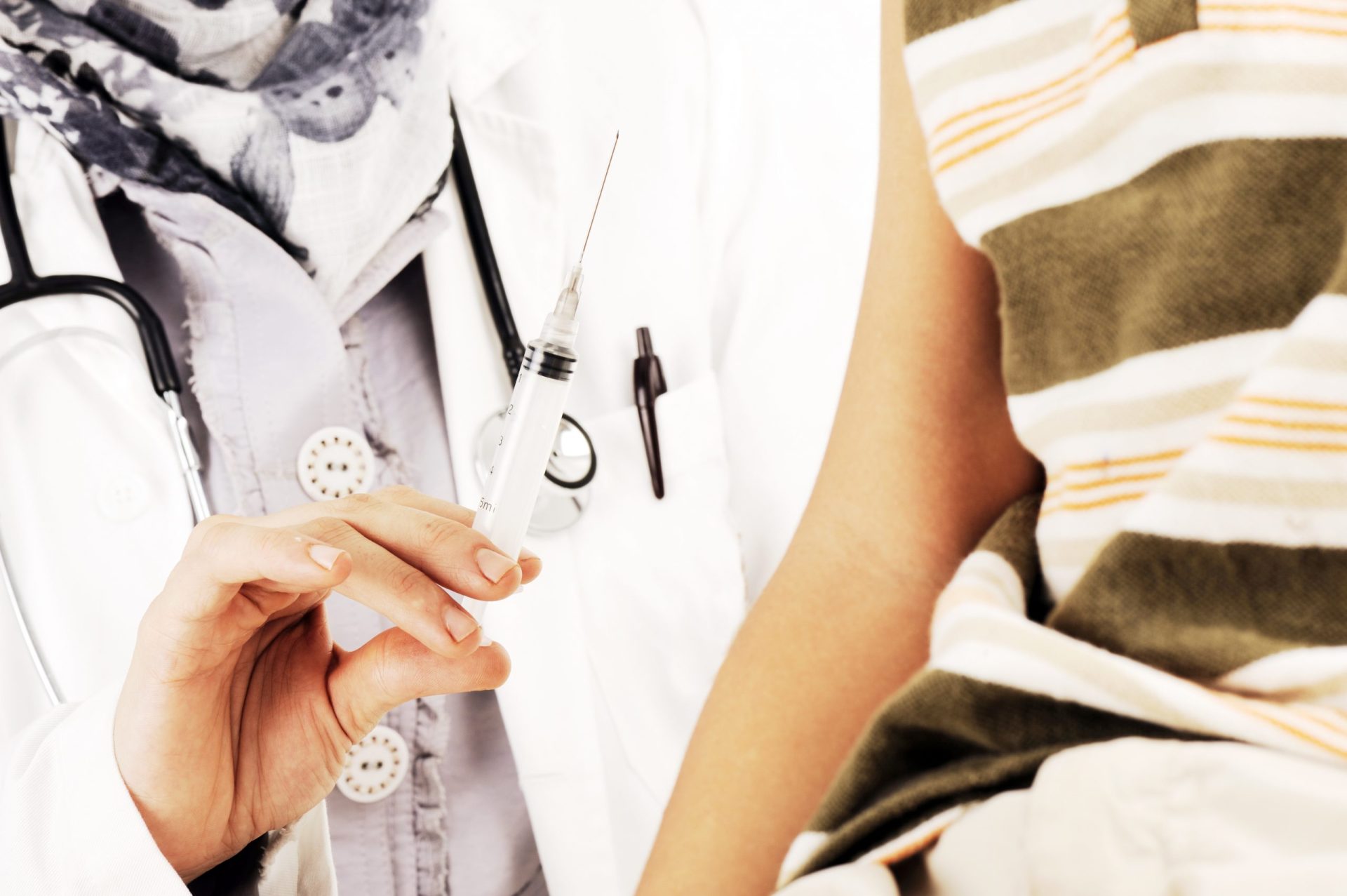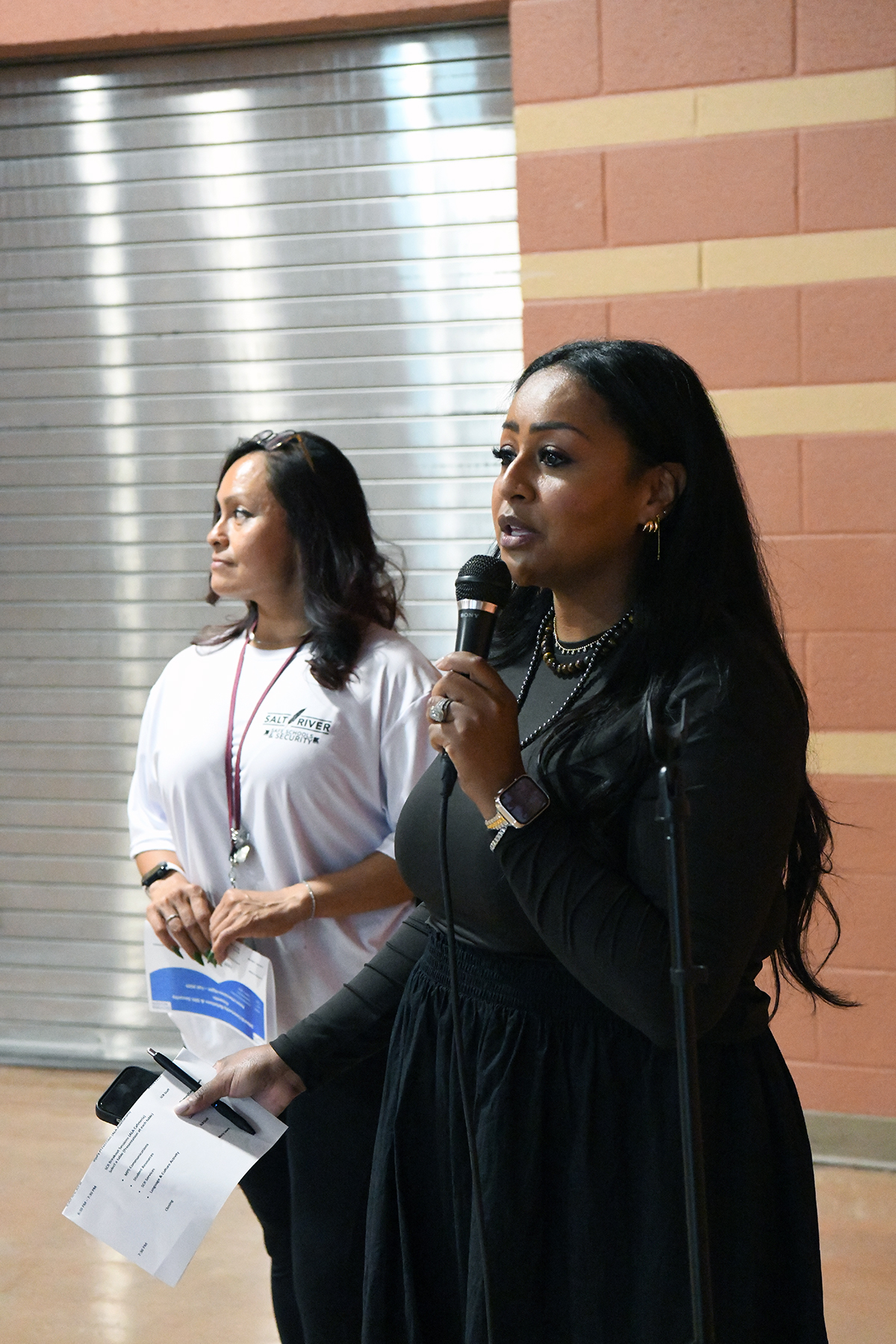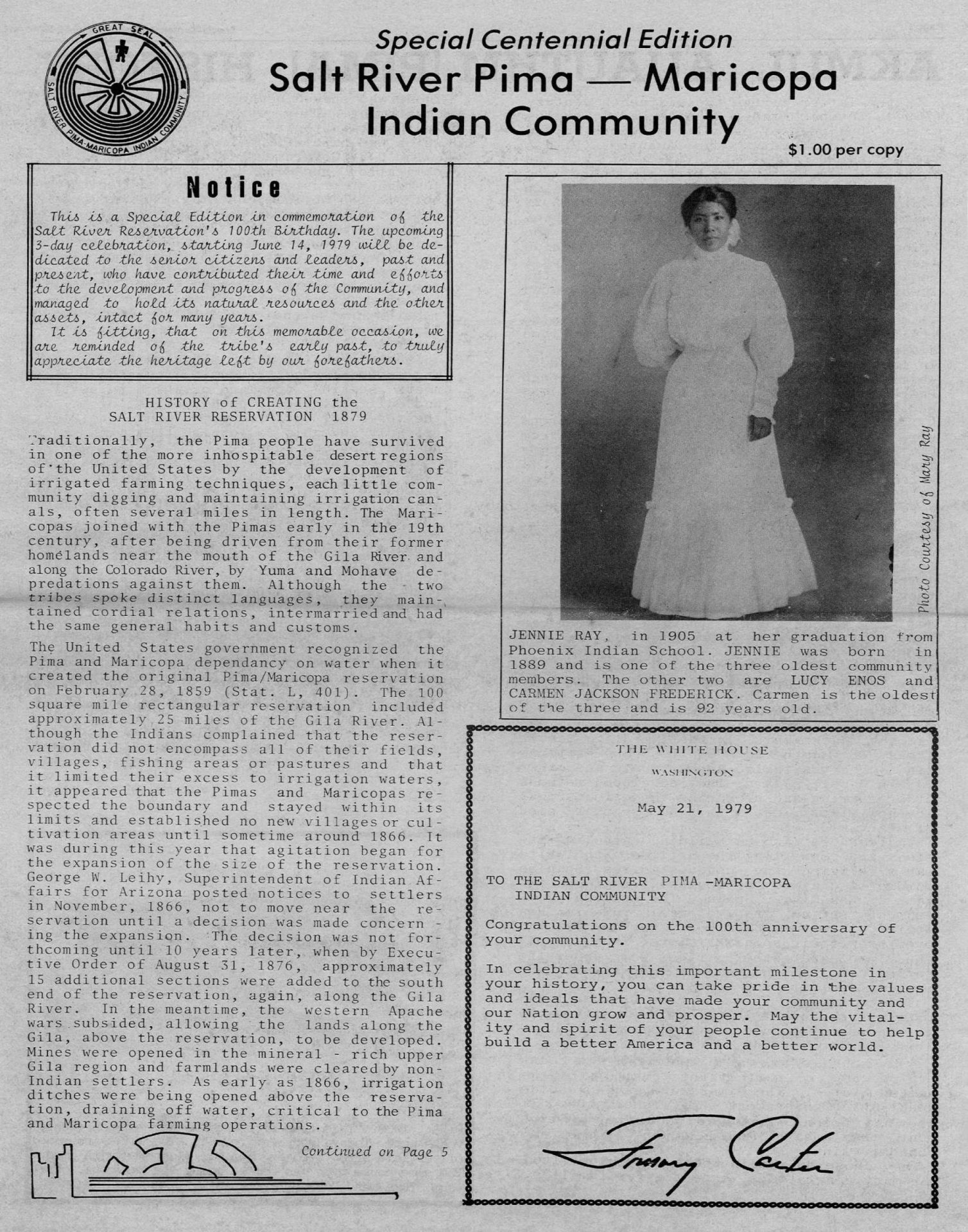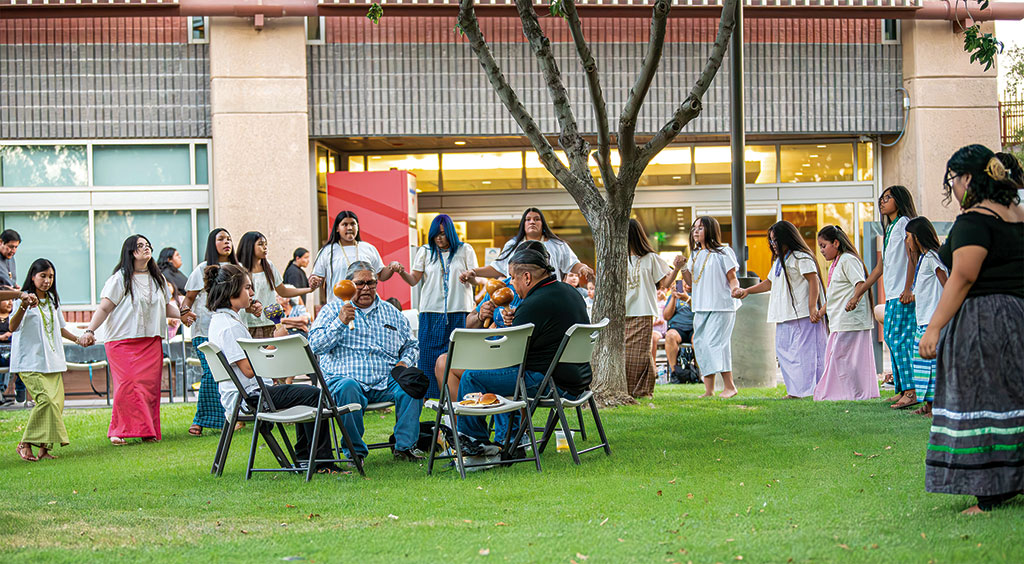VIEWS: 4104
December 10, 2020Basic Information on COVID-19 Vaccines
Submitted by John Godfrey
Assistant HHS Director
Health and Human Services
As we all wait patiently for a quick and safe end to the COVID-19 pandemic, we find ourselves overwhelmed by the amount of often-conflicting information from the media. The Salt River Pima-Maricopa Indian Community Department of Health and Human Services would like to clear through the clutter and present to you the latest information based on science.
You may be hearing information right now about one or more possible vaccines to become available soon. Although this is good news, some of you may have questions and concerns regarding the vaccine. You will need good information to make a decision about the best plan for you and your family. Here is what we know:
• Although vaccine development can take years, these COVID-19 vaccines were developed in a much shorter timeframe. The vaccines went through all the same regulatory processes that normal vaccines do, except in this case all levels of human studies (or trials) were overlapping. That means that all of the same steps were taken, but they happened simultaneously rather than one at a time. Each trial examines a different part of the vaccine – its effect on the body, its safety, whether it works, and so on. Interestingly, most normal vaccine trials have between 3,000 and 6,000 volunteers—these new vaccine trials had tens of thousands of participants.
• There are two vaccines that have finished the clinical-trials process and will be applying to the FDA for an Emergency Use Authorization (or EUA). These vaccines are from Pfizer (44,000 trial participants) and Moderna (30,000 trial participants). Both vaccines may be authorized for use by mid-December.
• These two vaccines are using new technology to immunize the body against COVID-19. This technology involves using a molecule naturally found in our bodies to deliver information to our cells on how to fight the virus. This molecule is called messenger RNA (or mRNA). Messenger RNA delivers the “blueprints” to our cells for how to make the proteins necessary for our bodies to perform their important functions. In this case, mRNA has been modified to tell our cells how to make the protein to recognize COVID-19 and prevent it from entering our cells and making us sick. Messenger RNA is quickly broken down by the body, so once the blueprints are delivered, the modified mRNA from the vaccine disappears from our system.
• To be effective, the vaccine will require two shots several weeks apart. The first dose is to prime the immune system and the second is a booster.
• Availability of the vaccine will be limited at the beginning. Currently, the U.S. Centers for Disease Control and Prevention is working on guidelines for who gets the vaccine first. Most likely it will be frontline healthcare workers and emergency services personnel. The reason for this is much like the preflight emergency instructions on a plane, when they tell you to ensure that your mask is safely secured before you assist others. Vaccinating these groups first will ensure that they are protected and healthy enough to assist and save those who are or will become sick.
Next, let’s take a closer look at some common myths around vaccines.
Myth: Vaccines always make me sick, so I don’t take them.
Fact: Vaccines may cause some symptoms due to triggering the body’s natural immune response; however, those tend to be mild and short in duration. In addition, since vaccines may take a few weeks to become effective, you could become infected from exposure to the actual virus before the vaccine has an opportunity to work.
Myth: I already had the virus, so I don’t need to take the vaccine.
Fact: Information differs on how long you are protected from certain viruses after being exposed, so it is advisable to follow the latest CDC guidelines on when to take a vaccine. The recommendation for COVID-19 is that you get the vaccine even if you already had the virus.
Myth: Vaccines are not safe and have been proven to cause autism and other long-term health problems.
Fact: In the United States, vaccines go through rigorous study and investigation before being approved for public use. To date there is no clinical evidence or proof linking vaccines to autism or any other medical complication. It is true that vaccines have a long history of preventing death in millions of people and ending past pandemics caused by polio, smallpox, measles, bacterial pneumonia and influenza.
As more information becomes available, we will share it with you.







